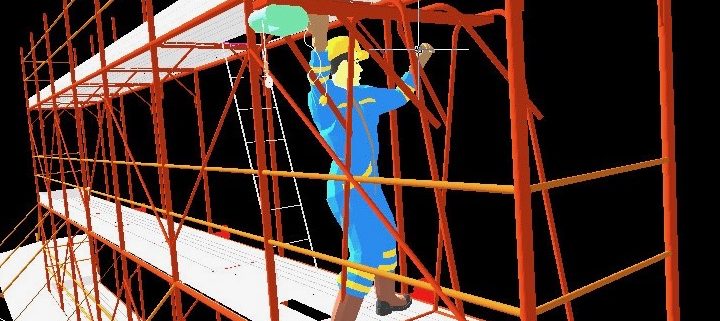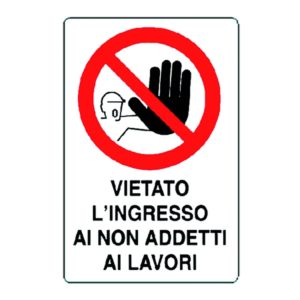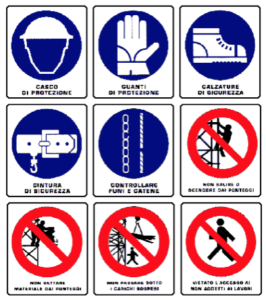
Di questi periodi sono molto amati e diffusi i decaloghi, gli elenchi, in sostanza una forma contratta e liofilizzata di vademecum
Proverò a farne uno per il restauro
Decalogo, in caso di restauro
- Conserva tutto quello che trovi che non risulti dannoso per l’oggetto storico.
- Adatta il tuo intervento al manufatto, non è il manufatto che deve adattarsi alle tue idee.
- Osserva con attenzione ed apertura mentale ogni dettaglio, quei dettagli ti forniranno ogni notizia utile su come intervenire. la fretta è il tuo nemico.
- Non scegliere il colore per un edificio storico, analizza l’edificio e sarà lui a dirti di che colore è.
- Non avere pregiudizi per materiali o tecniche. Ogni materiale ed ogni tecnica se utilizzato nel giusto contesto può svolgere funzioni conservative
- Dimentica tutto quel che hai fatto prima! Se sei un esperto nel settore edile, architettonico o ingegneristico, il restauro di un manufatto storico avrà qualcosa di nuovo da insegnarti, sii pronto ad apprendere.
- Se sei un restauratore ricorda tutto quel che hai fatto prima ma resta pronto ad imparare cose nuove.
- Giudica con oculatezza e moderazione gli interventi eseguiti in precedenza, a volte bisogna conoscere le ragioni di certe scelte per poterne parlare.
- Ogni intervento di restauro è una nuova avventura se sei in cerca di certezze il restauro non fa per te
- Sii umile e preoccupati che il tuo intervento sia reversibile!
Testi e immagini Dott.saSilviaConti©Restauratrice
Decalog, in case of restoration
- Keep everything you find that is not harmful to the historical object.
- Adapt your intervention to the artifact, it is not the artifact that has to adapt to your ideas
- Carefully observe every detail, those details will tell you what to do. The hurry is your enemy
- Do not choose the color for a historic building, analyze the building and he will tell you what color it is
- Do not be prejudiced by materials or techniques. Every material and technique if used in the right context can carry conservative functions
- Forget everything you did before! If you’re a wrecker, an architect or engineer, restoring a historic artifact will have something new to teach you, be ready to learn.
- If you’re a restorer you remember everything you did before but is ready to learn new things.
- Moderately judge the interventions made earlier, sometimes you need to know the reasons for certain choices so that you can talk about it
- Every restoration is a new adventure if you love the certainty, restoration is not for you
- Be humble and worried that your intervention is reversible!



